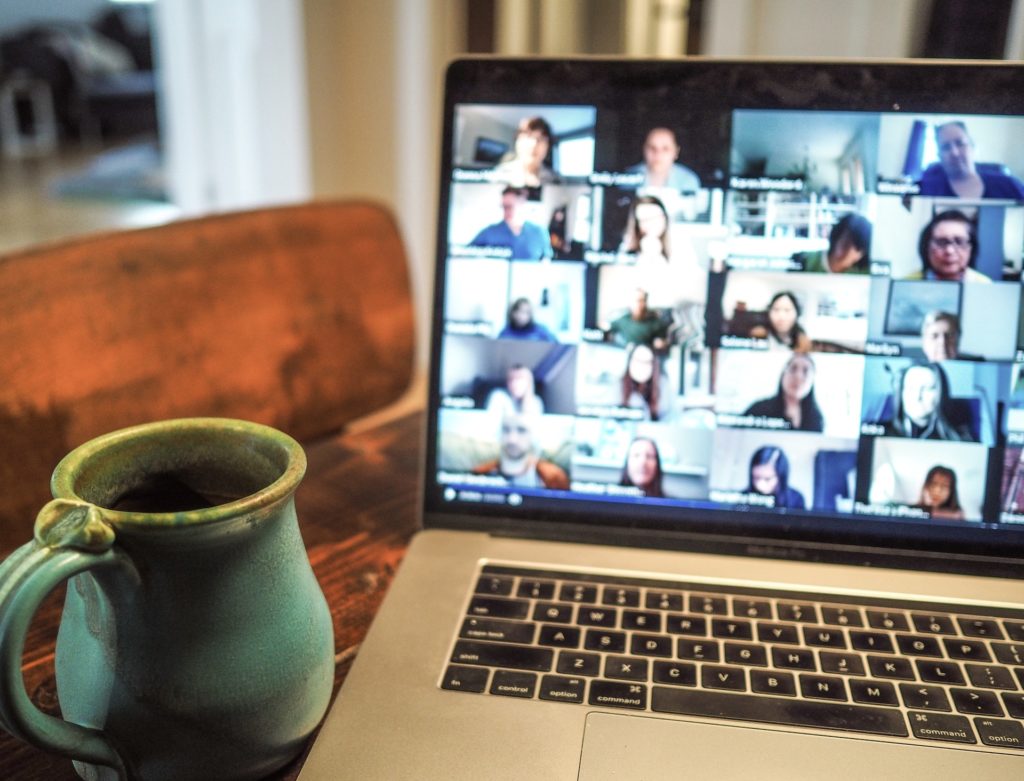Personal note
The leaves are turning brilliant colors of gold, orange and red, and soon will be dropping from the trees. In contrast, my life feels as if it were blossoming as in a particularly jubilant Spring.
This week truly feels like the first week of the rest of my life. Soon the print copy of my book, The Confident Introvert, will be released.
The delay has been due to collecting the wonderful endorsements I have been getting from pre-readers, including Dr. Philip Zimbardo, leading expert on shyness (“this book can help millions of people”) and Dr. Nancy O’Reilly (“equips [introverts] with practical skills to turn their personality into a winning asset”).
Meanwhile, I’m off to California to discuss speaking engagements in the Bay Area, my former home.
Altogether, a satisfactory end to the year, and a promise of even more exciting things to come in 2014!
Is Tech Stress Driving You Screaming Mad?
It’s official (in case you hadn’t already noticed): technology is raising our stress level precipitously.
In fact, Mike Kushner, co-owner of a computer solutions company in Palo Alto, California, has paramedics ready to respond to calls from what he calls the “digitally desperate.”
Some of that desperation is created because the hardware malfunctions.
Since stress tends to make us stupid, we react as if we’re helpless, lost in a futuristic world of technology where we don’t even speak the language. Recently, I was without a printer for three weeks. At first, I panicked, then realized I could put everything I needed on a flash drive, go to the nearest Office Max, and get it printed out. Encountering another desperate business owner a few weeks later who was in the same panicked state, I suggested my solution. It hadn’t occurred to him, but he welcomed it.
Then there are the unintended consequences of using the technology that we once welcomed as a way to make our lives easier:
We’re driven by the “always on” syndrome: computers don’t have to rest, and they can multi-task endlessly without taking notes or developing “brain buzz.” We do need to rest.
Connected to more people digitally, we’re actually losing human connections. A Stanford University study found that the amount of time people spend on the internet comes out of time they would have spent with family and friends.
Computers and smartphones can keep working tirelessly, and never feel pain. We can’t, and we try to do so at our peril.
How do we keep our lives from being taken over by machines? Here are some suggestions:
- Never, never, ever, boot up a computer without having a list (yes, a handwritten list) of what is important for you to do now right in front of your eyes. Then stick to it, no matter how enticing the ads or the email titles are.
- Set aside two times per day when you open your e-mail. Stick to this schedule, no matter what.
- How can you decrease the “e-mail overwhelm”? By reducing the amount of e-mail you send. People feel compelled to respond when you email them; do them a favor and reduce their load. It will be reflected, sometimes significantly, in the amount of e-mail you receive.
- Is this message essential?
- Does it need to arrive there instantly?
- Why am I sending it?
- What expectations or precedents will it set?
So…pick up the phone, scrawl a hand-written note, walk down the hall, reconnect with the human race, and calm your mind and body.
The Confident Introvert
Another myth I have encountered recently is that introverts are fine with no outside contact whatsoever. No, we enjoy contacts and stimulation that we get outside of our own nests; we just need to control how much we get all at one time.
A great party with lots of people may be very enjoyable for a confident introvert – for a limited time. We’re the ones who leave early when we’ve had enough stimulation, just as some people quit eating when they’ve had enough.
It’s not a reflection on the host. It’s a reflection of the fact that we recognize and pay attention to our inner needs, always a healthy way to live.
Find out more about The Confident Introvert: http://www.


